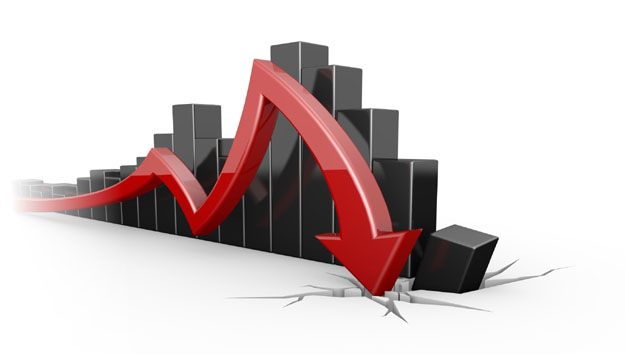Beyond Austerity: Towards a Global New Deal

Fifty years ago, at New York’s Riverside Church, Martin Luther King made a passionate plea for a more equal, more just, more peaceful and more dignified world. Calling for “a radical revolution of values”, King concluded, “We must rapidly begin … the shift from a thing-oriented society to a person-oriented society. When machines and computers, profit motives and property rights are considered more important than people, the giant triplets of racism, extreme materialism and militarism are incapable of being conquered.”
There is a contemporary ring to King’s call for a more inclusive agenda. The “giant triplets” that he warned about are resurfacing, accompanied by a retreat into resentful nationalism and xenophobic comfort zones. The gaps between the rich, the middle class and the poor have almost certainly widened since King’s time. And across much of the world, the drive to achieve full employment with strong welfare provision was thrown into reverse gear decades ago, as governments effectively reinvented themselves as “enablers” rather than “providers”.
Ten years after the gales of financial destruction originating in Wall Street swept across the heartland of America and beyond, the world economy remains marooned in a state of substandard growth, while the social and economic inequities exposed by the crisis show few signs of moderating. Governments have closed down the most egregious loopholes and toxic instruments exposed by the crisis; but however good their intentions, the reality is that few who caused the crash have been held accountable for their actions, and little has been done to tackle its root causes.
As “hyperglobalization” with the help of the very visible hand of the State has recovered its poise, business as usual has set in; the push for “light touch” regulation is under way yet again, and austerity has become the preferred response to “excessively” high levels of public debt. Meanwhile robots, rents and intellectual property rights are taking precedence over the livelihoods of people and their aspirations. History, it seems, has a troubling knack of repeating itself.
Unlike the textbook world of pure competition, hyperglobalization has led to a considerable concentration of economic power and wealth in the hands of a remarkably small number of people.
This need not necessarily be antithetical to growth. But if history is any guide, it tends to generate political tensions that clash with wider public and social interests. Indeed, more clear-headed supporters of “the market”, since Adam Smith, have warned of the political dangers that can follow the concentration of economic wealth. It is, therefore, hardly surprising to find a popular backlash against a system that is perceived to have become unduly biased in favour of a handful of large corporations, financial institutions and wealthy individuals.
The real threat now is to the underlying trust, cohesion and sense of justice that markets depend upon in order to function effectively. No social or economic order is safe if it fails to ensure a fair distribution of its benefits in good times and the costs in bad times.
!testalpha
The @OriginalWork ALPHA V2 bot has upvoted this post!
Some similarity seems to be present here:
https://au.int/sites/default/files/newsevents/reports/32914-rp-tdr2017overview_en_embargo.pdf
This is an ALPHA version. Reply if you feel this is an error.